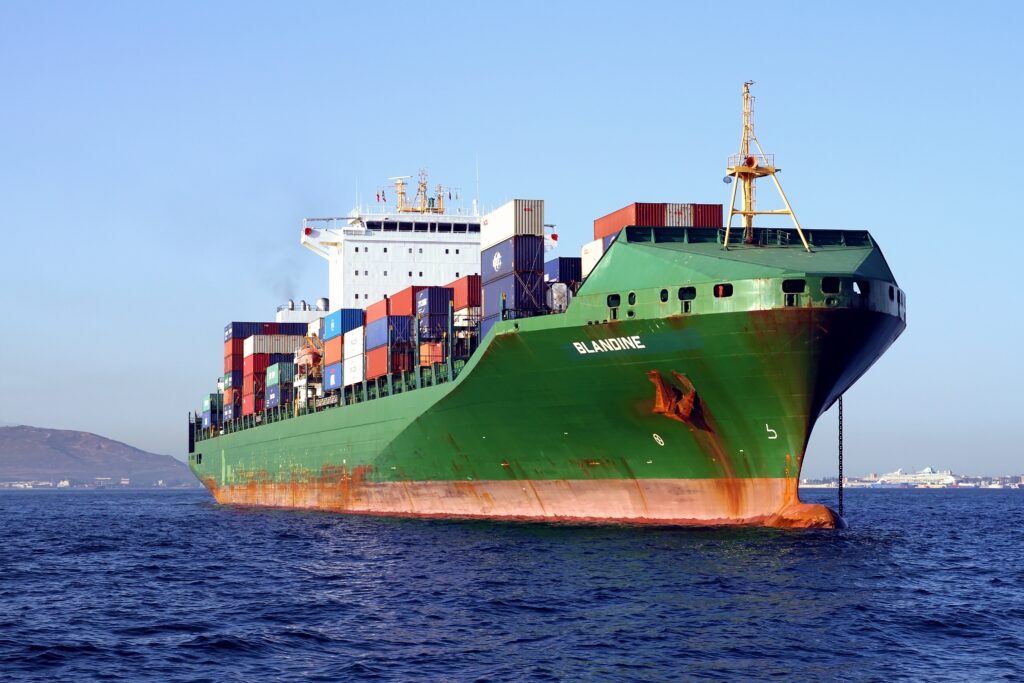
A free trade agreement (FTA) between India and the United Arab Emirates (UAE) with procurement commitments offers an encouraging counterpoint to the stalled WTO Government Procurement Agreement (GPA). While the FTA draws extensively from the GPA’s transparency and procedural obligations, it provides greater flexibility and fewer market access commitments than the plurilateral agreement. This post examines the significance of the FTA’s procurement obligations considering the challenges facing the GPA.
On May 1, 2022, India and the UAE implemented a Comprehensive Economic Partnership Agreement, the first agreement in which either party undertook government procurement commitments. Even though neither country is a party to the GPA (although India is an observer), the FTA’s government procurement chapter incorporates most of the WTO agreement’s procedural obligations. The FTA echoes the GPA in recognizing the importance of conducting procurement in a transparent and impartial manner and avoiding conflicts of interest and corrupt practices. Yet, unlike the GPA, the bilateral agreement recognizes government procurement as a tool in the expansion of domestic production and trade. It also emphasizes the need for flexibility of commitments “to accommodate the specific circumstances and needs of each Party.”
One area of flexibility is the time period for tendering. Rather than imposing the GPA’s minimum of 40 days, the FTA only requires the time period to be in accord with each party’s laws and regulations. The FTA goes beyond the GPA with a provision on addressing corruption, similar to one often found in FTAs. The FTA’s government procurement provisions are not subject to dispute settlement, an issue that the parties agreed to revisit in three years
The FTA’s market access provisions are not as robust as those in the GPA. It only covers the procurement of central government entities: 34 for India and 41 for the UAE. Neither lists its defense ministry. It provides for disparate thresholds: for India, 20 million special drawing rights for all covered procurement, and much lower GPA-level thresholds for the UAE. The parties cover the procurement of the services they open under the FTA’s Trade in Services chapter.
Both India and the UAE exclude construction projects and the procurement of medicines or drugs. India goes further in excluding the whole health care sector (including medical devices, therapeutics, and diagnostics). In addition, neither party covers procurement subject to domestic preferences: India’s procurement preferences authorized by government orders and the UAE’s 10% price preference for domestic green suppliers and green domestic goods. The FTA also allows both parties to maintain measures for preferential treatment of their micro, small and medium enterprises, provided they are transparent. Finally, the bilateral agreement does not prohibit offsets (such as requirements of domestic content and technology transfer), as does the GPA and most FTAs.
Even with its more modest market access commitments, the FTA contributes to the development of the international procurement system. It brings two more WTO members into the system and expands the application of international standards. In doing so, it points to the importance of flexibility and domestic considerations in encouraging countries to open their government procurement. Such flexibility and considerations are largely absent from the GPA, which seeks a generally uniform and high level of commitments.
The GPA parties might consider the lessons of such bilateral FTAs as they confront challenges in expanding the plurilateral agreement’s membership and attracting more developing countries. The GPA has not added a new party since Australia’s 2019 accession. While two countries negotiating GPA membership (Brazil and North Macedonia) tabled what they termed ‘final offers’ in 2022, the WTO procurement committee, which oversees the GPA, has yet to approve their accessions.
In addition to its membership challenge, the committee--for the past 18 months--has not been able to address a host of issues, including its work programs and actions mandated by the GPA 2012. The reason for the inaction is that, since July 2021, it has lacked a chair. Its selection of a new chair has been blocked by one party, according to its annual report (GPA/AR/5). The GPA’s challenges are examined in the recently published book, The International Procurement System: Liberalization & Protectionism.
Jean Heilman Grier
December 13, 2022
Related Posts

